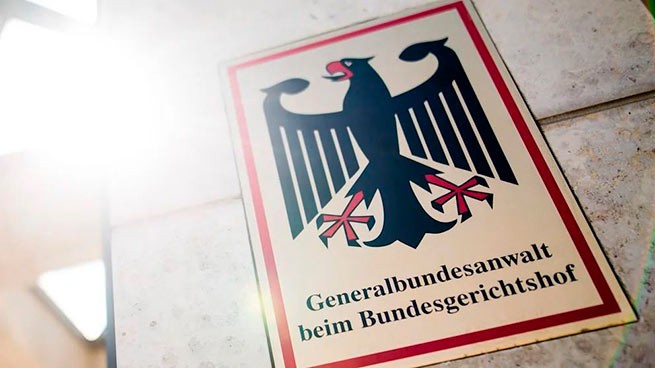Greek families, in addition to standard taxes, pay an additional € 1.5 billion out of their own pockets for their children’s primary and secondary education, or 0.85% of GDP.
Taxpayers “took a deep breath” from the measures taken last year, which significantly reduced taxes and insurance premiums paid in previous years.
In particular, the reduction in insurance premiums, the suspension of the payment of the solidarity contribution, which is expected to be canceled in 2023, and the change in the taxation scale have bolstered workers’ earnings in 2020, during a particularly difficult period.
Fees from 37.1% in 2019 for a family with two children – when the OECD (Organization for Economic Co-operation and Development) average reached 24.4% – are expected to drop significantly when income data for 2020 is released. According to experts, the decline will be large, by 4-5 points, and the percentage of the tax burden will approach the level of 32%.
However, until 2019, the tax fund data presented in our country ΚΕΦίΜ show a huge burden on households, regardless of whether they are workers without children or with children. It is noted that the first three places in the ranking, with the largest tax burden, are occupied by Turkey, France and Sweden.
According to 2019 data, a childless worker paid 40.1% of their gross income in taxes and fees, up from 36.1%, the OECD average. According to the report, the percentage of gross income is as follows: 8% is income tax, 12.5% is contributions paid by the employee and withheld from his wages, and 19.7% is contributions paid by the employer for the employee.
Unlike most countries with a high tax burden on workers, our country does not provide significant tax benefits for families with children. In fact, Greek families, in addition to the standard taxes, pay an additional 1.5 billion euros out of their own pockets for the primary and secondary education of their children, or 0.85% of GDP. This is approximately 3200 euros per year. In addition, according to the OECD report, per capita health spending in Greece is 1,678 euros, with 34% of this amount coming directly from the pockets of the Greeks. That is, about 570 euros are paid annually.
According to ΚΕΦίΜ:
• Middle-income childless workers living in OECD countries paid more than a third, or 34.6% of their wages, in income tax and insurance premiums.
• The tax burden on childless workers in the OECD ranges from 7% in Chile to 52.2% in Belgium.
• In 2020, the average tax burden on households, in the form of income tax and insurance premiums, was 24.4%, which is 10.2% lower than the burden on workers without a family. The countries with the highest tax burden on the labor force tend to offer the greatest assistance to families with children.






More Stories
ENFIA: Find out when the refund deadline is for those who want a full tax refund
Calculation of benefits and Easter gift from April 19
AADE: What you need to know about the heating allowance credited to your energy bills